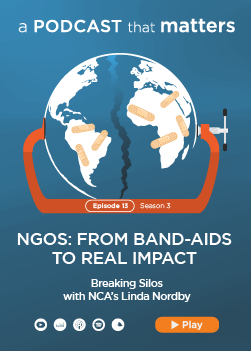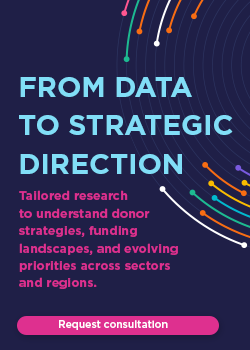Print

Exploring the non-genetic (i.e. ePIgenetic) mechanisms that contribute to therapy Escape in melanoma: EscaPI
Details
Locations:Belgium
Start Date:May 1, 2020
End Date:Apr 30, 2022
Contract value: EUR 178,320
Sectors: Health, Laboratory & Measurement
Description
Programme(s): H2020-EU.1.3.2. - Nurturing excellence by means of cross-border and cross-sector mobility
Topic(s): MSCA-IF-2019 - Individual Fellowships
Call for proposal: H2020-MSCA-IF-2019
Funding Scheme: MSCA-IF-EF-ST - Standard EF
Grant agreement ID: 896827
Project description:
Epigenetic mechanisms contributing to therapy resistance in melanoma
Resistance to anticancer drugs is thought to mainly occur due to genetic alterations. Recent evidence indicates that it may also be acquired in the absence of genetic changes. It is unclear whether genetic or non-genetic mechanisms of resistance are selected in a stochastic manner and what the epigenetic mechanisms underlying the transition from drug tolerance to resistance are. The EU-funded EscaPI project aims to identify the drug-tolerant subpopulations that drive non-genetic resistance by performing lineage tracing and depletion experiments in preclinical models. The project will capitalise on modern technologies of in vivo barcoding and single-cell multi-omics approaches, providing a dynamic and integrated view of the evolution of epigenomic profiles at a single-cell resolution. Moreover, it will search for predictive biomarkers to assess the percentage of melanoma patients that exhibit non-genetic resistance through a combination of multiplexed staining and targeted DNA sequencing.
Objective:
Resistance to anticancer drugs, which often develops from a heterogeneous pool of drug-tolerant cells known as minimal residual disease (MRD), is thought to mainly occur through acquisition of genetic alterations. Emerging evidence indicates that drug resistance may also be acquired in absence of a genetic cause. It remains unclear, however, whether genetic versus non-genetic mechanisms of resistance are selected in a stochastic manner, and what are the epigenomics mechanisms underlying the transition from drug-tolerance to resistance. This project aims at identifying the drug-tolerant subpopulation(s) that drive non-genetic resistance by performing lineage tracing and depletion experiments in pre-clinical models. Taking advantage of up-to-date technologies combining in vivo barcoding and single-cell multi-omics approaches, this project aims to provide a dynamic and integrated view of the evolution of epigenomic profiles -at single-cell resolution- before, during and after acquisition of drug resistance phenotypes in a in vivo clinically-relevant context. A third objective of this proposal is to search for predictive biomarkers of non-genetic resistance and to assess the percentage of melanoma patients that undergo non-genetic resistance through combination of multiplexed staining and targeted DNA sequencing. The success of this project is ensured by my personal background in epigenetics and related data computational analysis, the achievements of the JCM lab in melanoma epigenetic reprogramming and the close collaborations with experts in single-cell multi-omics fields. I anticipate that my involvement in this project will broaden my skills and knowledge and help me become a high-qualified European independent scientist.


